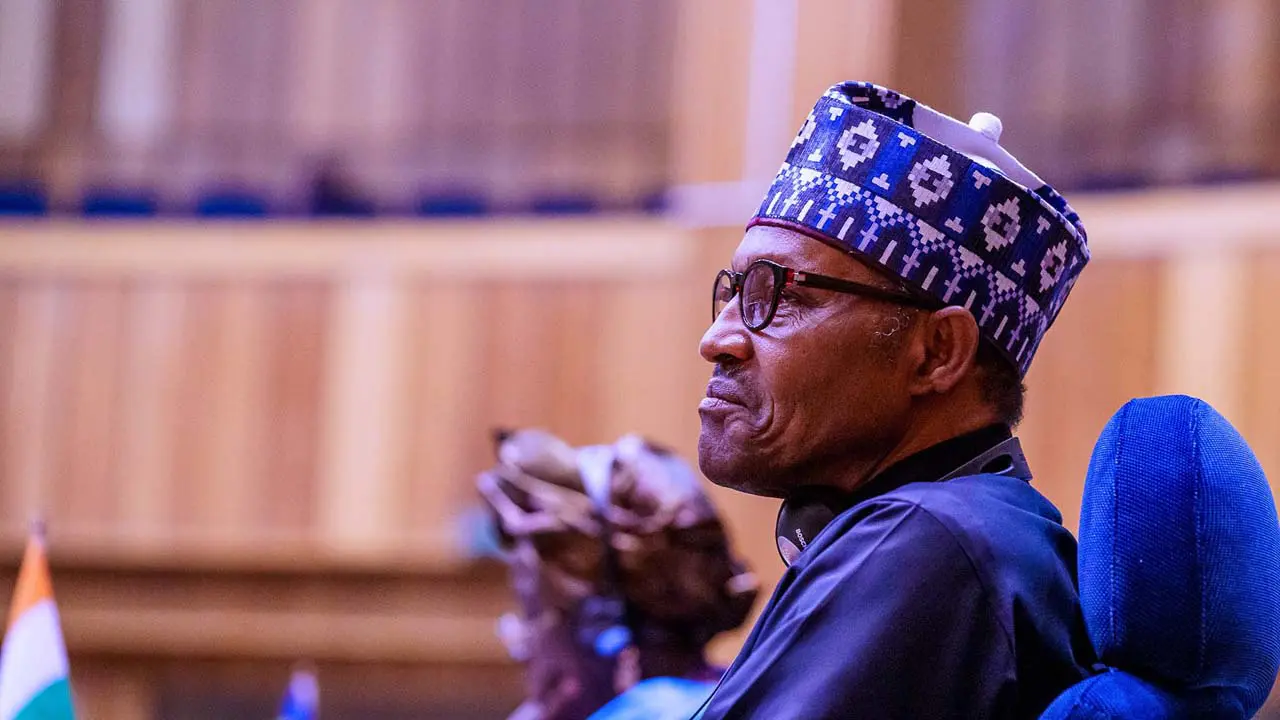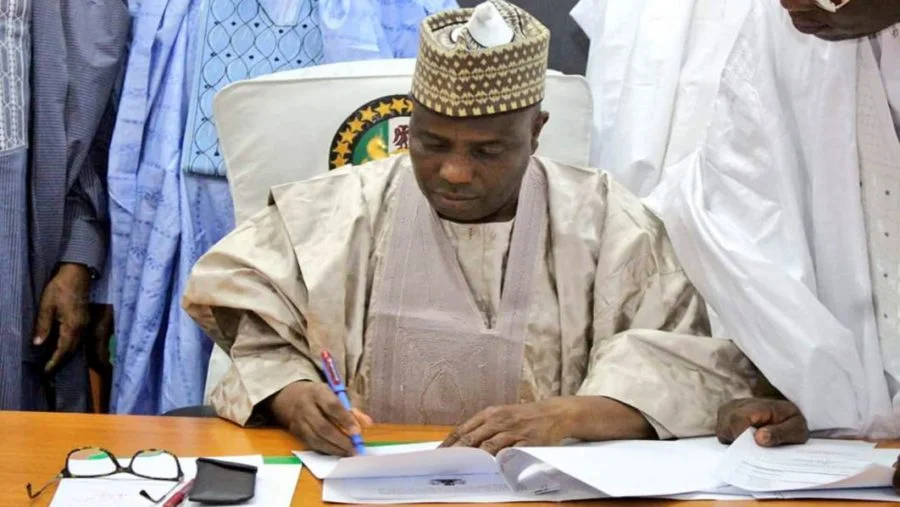The WHO and IMF chiefs insisted Friday that saving lives was a “prerequisite” to saving livelihoods in the coronavirus pandemic — a crisis they called “one of humanity’s darkest hours”.
World Health Organization director-general Tedros Adhanom Ghebreyesus and International Monetary Fund managing director Kristalina Georgieva said getting the COVID-19 virus under control first was necessary to revive economic activity — though they admitted it was difficult to strike the right balance.
The world economy has been pummelled by the virus and the associated lockdowns, with more than half the population of the planet under some kind of stay-at-home order to stem the spread of the pandemic.
COVID-19 has killed more than 50,000 people, while more than a million have tested positive for the virus.
“As the world responds to COVID-19, country after country is faced with the need to contain the spread of the virus at the cost of bringing its society and economy to a standstill,” Tedros and Georgieva wrote in a joint article in the British newspaper The Daily Telegraph.
“At face value there is a trade-off to make: either save lives or save livelihoods. This is a false dilemma — getting the virus under control is, if anything, a prerequisite to saving livelihoods.”
– Pandemic, economy ‘intertwined’ –
The pair said that in too many countries — notably poorer ones — the health systems were “unprepared for an onslaught” of COVID-19 patients and urged states to prioritise spending on healthcare.
“The course of the global health crisis and the fate of the global economy are inseparably intertwined. Fighting the pandemic is a necessity for the economy to rebound,” they wrote.
“Our joint appeal is that in one of humanity’s darkest hours, leaders must step up right now for people living in emerging markets.”
They said economic activity was “plummeting” as infections and pandemic control measures affected workers, companies and supply chains, while financial conditions were tightening.
The article said that a record 85 countries were seeking IMF emergency financing, and the Washington-based institution was doubling its emergency response capacity from $50 billion up to $100 billion — effectively making twice as much money available as in previous emergencies.
The IMF’s total lending capacity is $1 trillion.
The WHO, based in Geneva, said it could help in coordination by facilitating advance purchase agreements for vital medical supplies.
“As we all work together, with little time and finite resources, it is essential that we focus on the right priorities to save lives and livelihoods,” said Tedros and Georgieva.
(AFP)






2 Comments